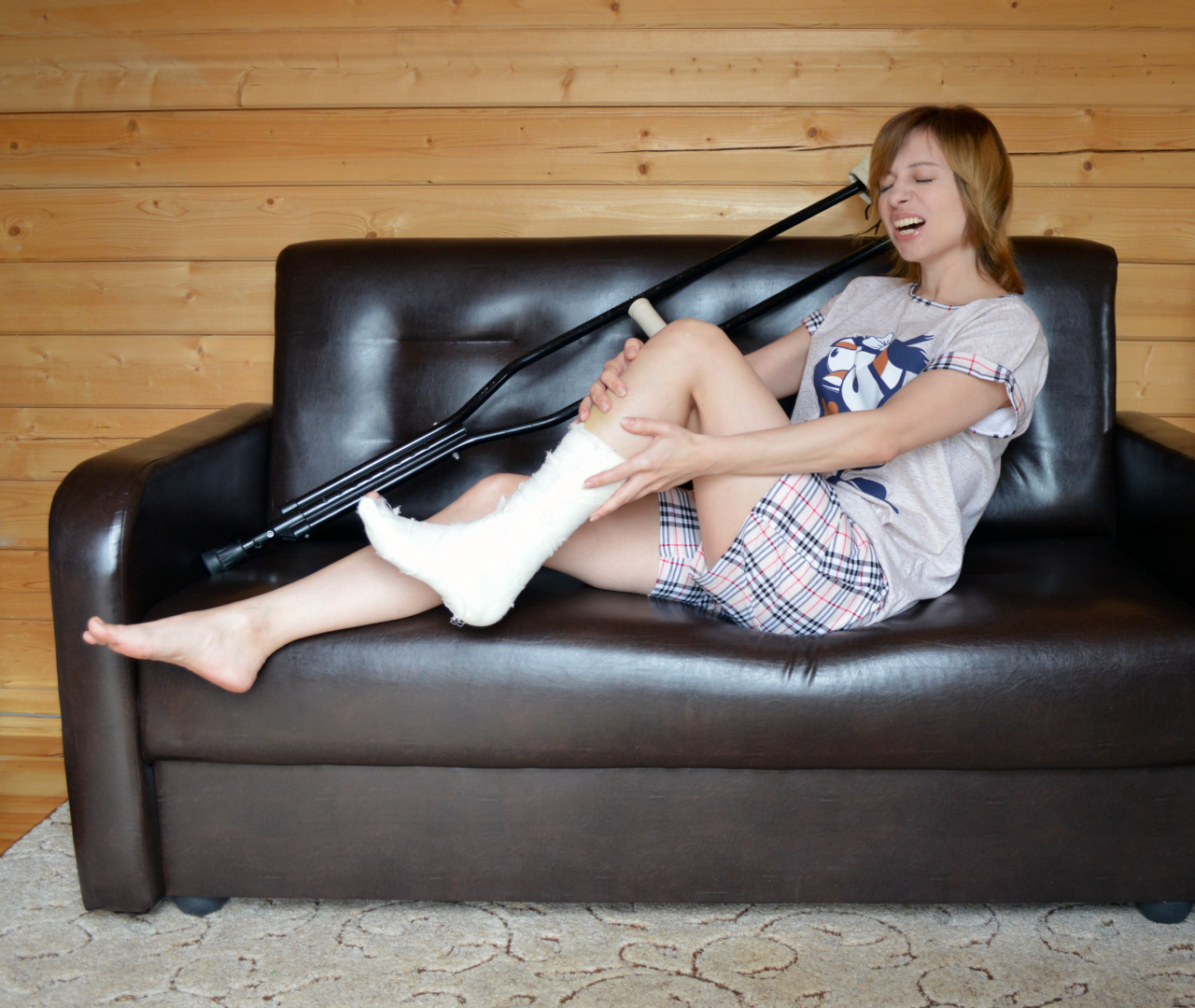Injuries are an unfortunate reality of life, whether it’s due to playing sports, engaging in physical activities, or even just carrying out everyday tasks. They can leave us feeling sore, weak, and frustrated.
However, it is important to realize that recovery is not only possible but also achievable with the right approach.
Understanding the Injury
The first step in any recovery journey is to understand the nature of your injury.
Whether it’s a sprain, strain, fracture, or any other type of injury, gaining knowledge about the specific injury and its recovery process can help you set realistic expectations and develop an effective recovery plan.
Seeking Professional Guidance
While self-diagnosis and self-treatment may seem tempting, it is always best to seek professional guidance for a complete and accurate assessment of your injury.
Consulting with a healthcare professional or a physical therapist can provide valuable insights into your specific condition and help determine the most suitable recovery strategy.
Rest and Rehabilitation
Resting is a crucial aspect of any recovery process. Allowing your body time to heal is essential in preventing further damage and promoting a faster recovery.
Depending on the severity of your injury, you may also benefit from rehabilitation exercises to restore strength, flexibility, and functionality.
Proper Nutrition
Nourishing your body with the right nutrients can significantly aid in the recovery process. Consuming a balanced diet that includes sufficient protein, vitamins, and minerals can help repair tissues, reduce inflammation, and support overall healing.
It is recommended to consult a nutritionist to develop a personalized meal plan based on your specific needs.
Managing Pain and Discomfort
Injuries often come with pain and discomfort, which can hinder the recovery process and affect your overall well-being. Managing pain through over-the-counter medications, ice or heat therapy, and gentle massages can provide temporary relief.
However, it is important to follow medical recommendations and not rely solely on pain management techniques without addressing the underlying cause.
Gradual Return to Activity
As your recovery progresses, it is crucial to gradually reintroduce physical activity. This helps rebuild strength and endurance while minimizing the risk of reinjury.
Working closely with a physical therapist can help you develop a well-structured program that gradually increases in intensity, ensuring a safe and effective return to your desired level of activity.
Importance of Rest Days
While being active is important for recovery, it is equally crucial to allow your body enough rest. Incorporating regular rest days into your recovery plan is essential to prevent overexertion and further injury.
Rest days give your body an opportunity to repair and strengthen itself, ultimately aiding in the recovery process.
Maintaining a Positive Mindset
Recovery can be a long and challenging journey, both physically and mentally. It is important to maintain a positive mindset and cultivate resilience throughout the process.
Celebrate even the smallest victories, seek support from friends and family, and engage in activities that promote relaxation and stress reduction.
Tracking Progress
To stay motivated and assess your progress, keeping track of your recovery journey is highly recommended.
Whether it’s maintaining a daily journal, creating a recovery timeline, or using mobile apps specifically designed for tracking injuries, monitoring your progress can provide a visual representation of how far you have come and encourage you to keep pushing forward.
Seeking Support
Remember that you are not alone on your recovery journey. Seeking support from friends, family, or even joining support groups can help you navigate through the challenges and setbacks that may arise during the process.
Surrounding yourself with a positive support network will provide encouragement, accountability, and a sense of belonging.
Conclusion
Recovery from an injury is a journey that requires time, patience, and commitment.
By understanding your injury, seeking professional guidance, focusing on rest and rehabilitation, maintaining proper nutrition, managing pain, gradually returning to activity, embracing rest days, cultivating a positive mindset, tracking your progress, and seeking support, you can transform a sore body into a strong one. Remember to listen to your body, be kind to yourself, and celebrate every step towards a full recovery.































